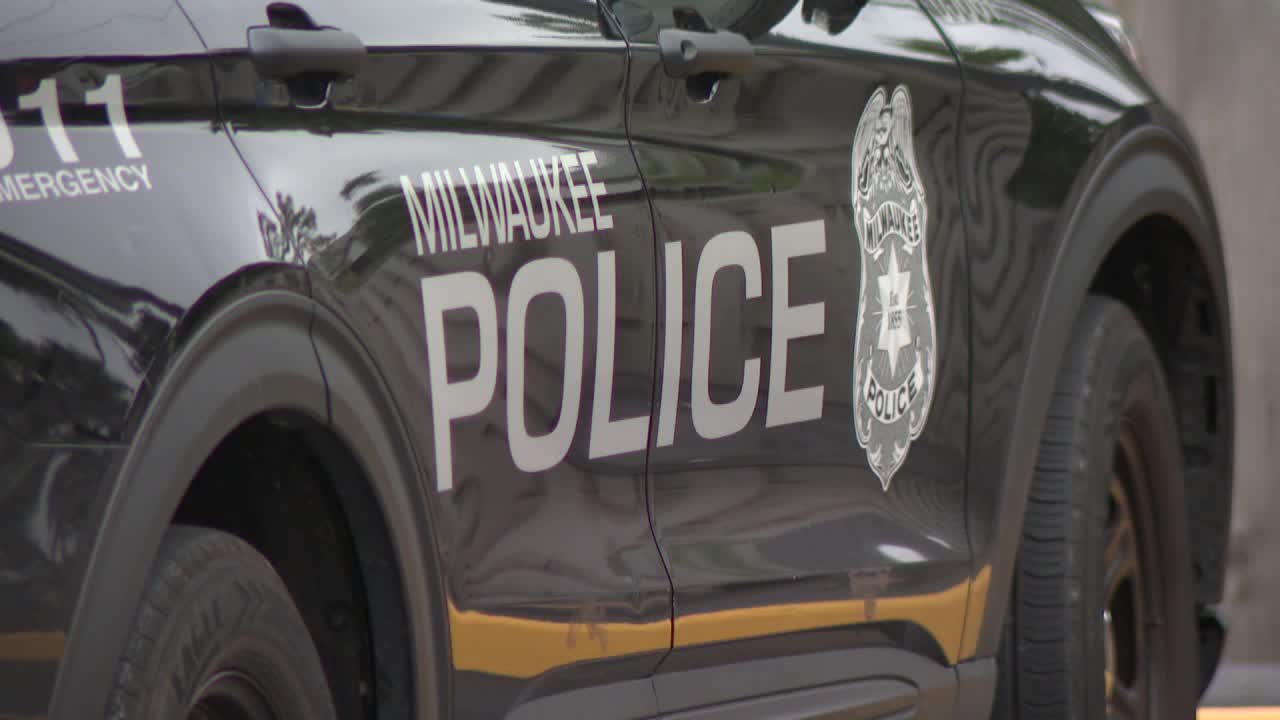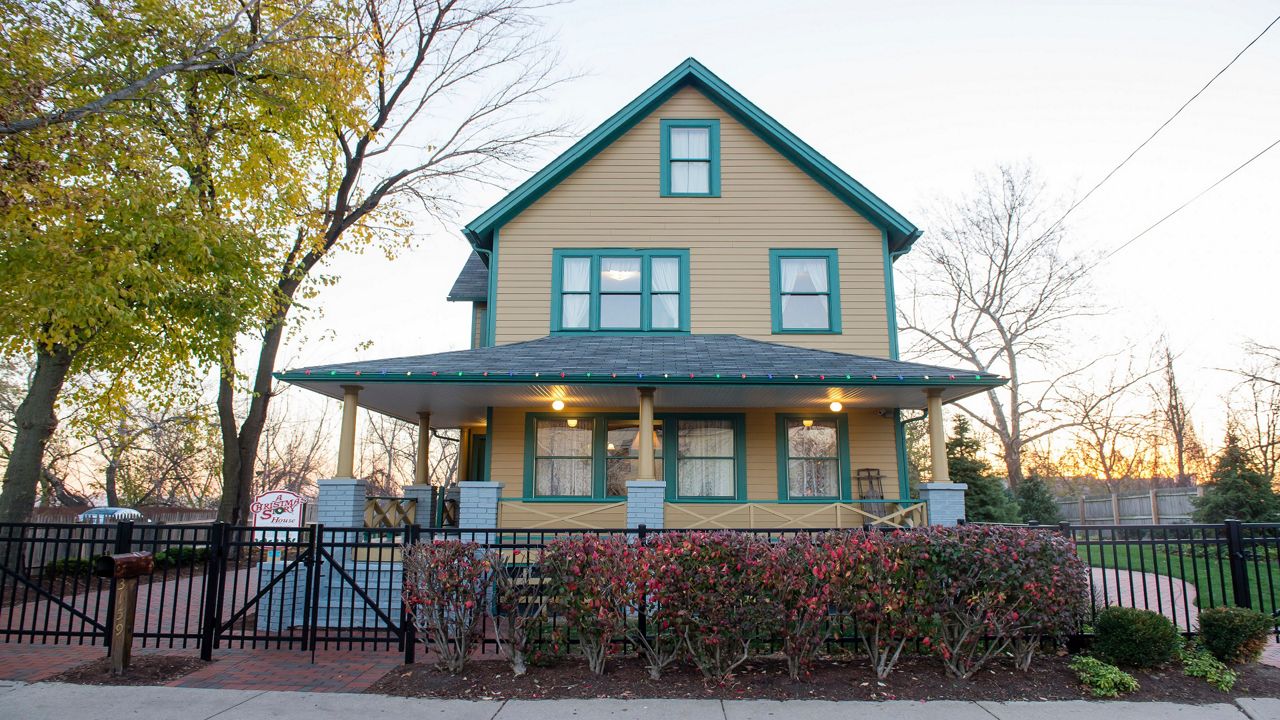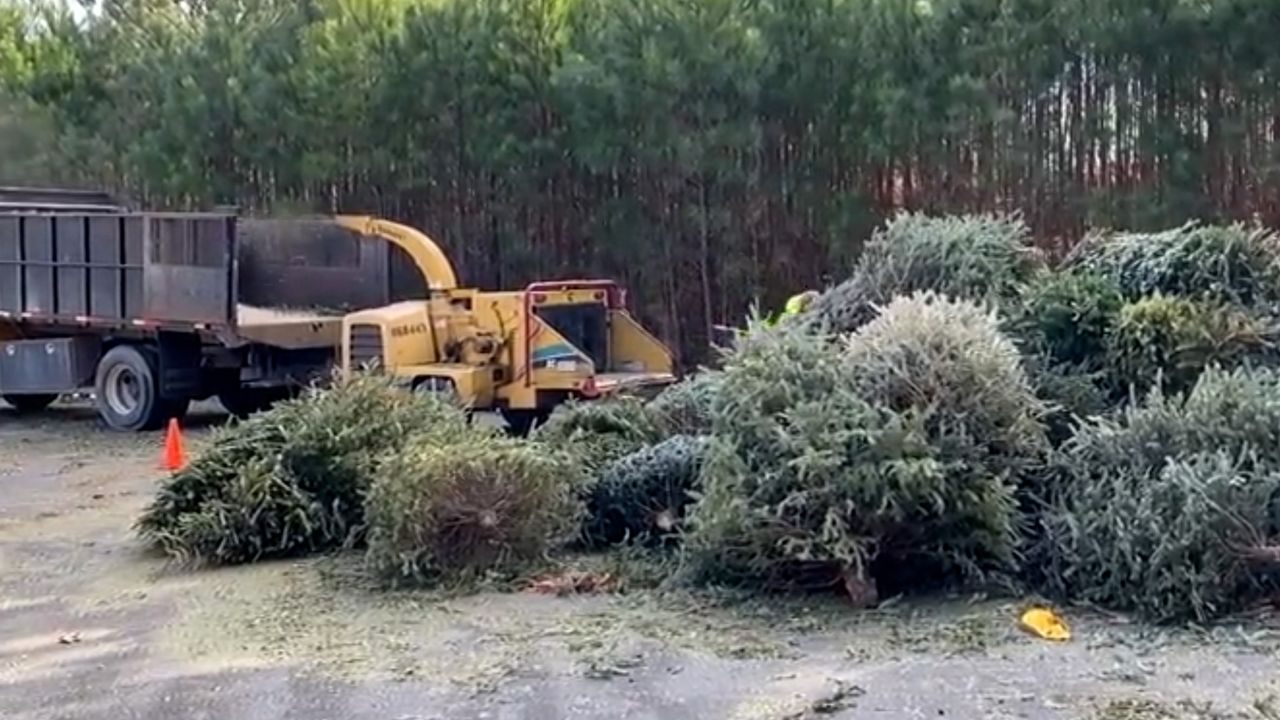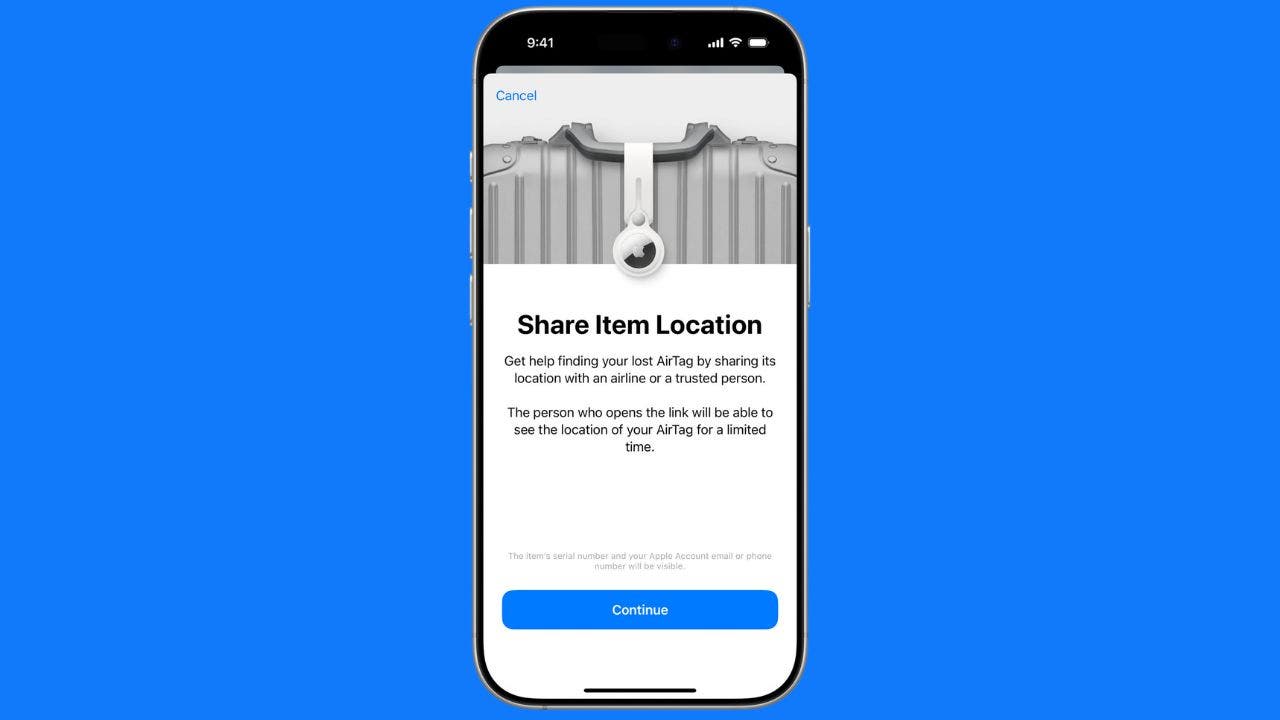New Jersey
NJ’s casino smoking ban bill on hold, but still possible during lame duck session
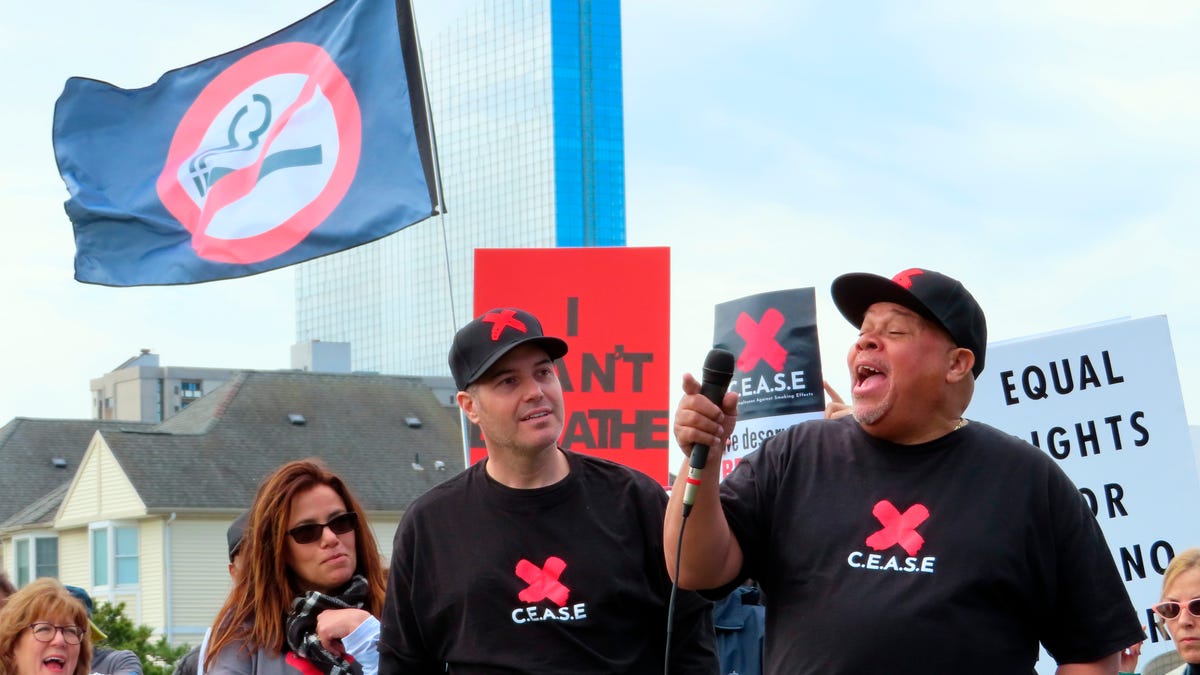
2-minute read
Casino workers will have to wait at least a few more weeks to find out the fate of a bill that would ban smoking on Atlantic City casino floors.
The bill has had enough co-sponsors to pass the Legislature since the beginning of the year but has only appeared as a discussion-only item at committee hearings in both chambers.
On Thursday in front of a standing room only crowd, it was tabled because it didn’t have enough votes to clear the committee.
State Sen. Joseph Vitale, who serves as the chair of the committee, said after the meeting that he still plans to move this bill during the lame duck session and that he supports a bill that “protects workers rights and doesn’t compromise their health.”
More than an hour of testimony was dedicated to the bill. Casino workers talked about the impact the continued smoking has had on their quality of life and their health.
Charlie Stile: Atlantic City casino workers still labor under a cloud of smoke. But change is in the air
Vincent Steele representing workers from Tropicana, Bally’s and Caesar’s said that it’s a “disgrace” that smoking is still allowed 17 years since the state’s smoking ban went into effect and that these workers are “still here begging for their lives.”
State Sen. Dick Codey, who was serving as governor when the indoor smoking ban was implemented nearly two decades ago and noted that he gave into pressure by creating the exception in the first place.
“It was wrong,” he said. “The time has come to do the right thing.”
But not everyone on hand was there to champion the legislation. Atlantic City Mayor Marty Small expressed concern about potential job loss and the effect it would have on the economy of the city. Business groups such as the Chamber of Commerce of Southern New Jersey and the Casino Association of New Jersey also spoke out against the bill.
Michael Chait of the Greater Atlantic City Chamber said that they are concerned about the negative impact the bill would have on the region.
“Atlantic City does not have a lot of economic diversification. Our biggest struggle is helping people find jobs,” he said.
The bill, first introduced in February 2022, has garnered more than 50 sponsors or co-sponsors in the Assembly and at least 25 in the Senate. Notably, Assembly Speaker Craig Coughlin and Senate President Nick Scutari have not joined the legislation as sponsors and they control the docket for a voting session in their respective chambers.
More: For some at groundbreaking of Gateway rail tunnel, there was a feeling of déjà vu
If a bill clears committee, it needs 41 votes to pass the Assembly and 21 to pass the Senate before being sent to the governor’s desk. Gov. Phil Murphy has previously said that he would sign the bill if it were to pass through both houses of the Legislature.
Both legislative leaders said in early November that the bill was being considered for the lame duck agenda but on Thursday before the committee meeting started, Scutari said that they need to “take it one step at a time” because he didn’t expect the bill to progress beyond the committee yet.
The proposed legislation was introduced in response to a 2006 state law that guarantees smoke-free workplaces — but made casinos an exemption. The legislation now under consideration was first introduced last year, but earlier iterations have circulated since 2006 and many garnered bipartisan support.
Smoking is permitted on about 20% of a casino floor in Atlantic City. A temporary ban had been implemented at the height of the pandemic, but smoking returned when Murphy lifted the temporary ban.
A report by the National Institute for Occupational Safety and Health said that casino workers are exposed to “hazardous levels of toxic secondhand smoke at work” which “increased in the body as the shift went on” and recommended “making all casinos 100% smokefree to ensure indoor air within casinos is safe to breathe.”
The report also said that workers are at “great risk to the health hazards caused by secondhand smoke, including heart disease, lung cancer, and acute and chronic respiratory illnesses.”

New Jersey
Fresh snow coats some North Jersey towns for a white Christmas

2-minute read
How rare is a white Christmas and how long has it been for some cities
A white Christmas means more than 1 inch of snow is on the ground on Christmas day, but how frequently does this occur?
New Jersey experienced a frosty December — and Christmas has proved no exception.
Christmas morning temperatures accross the Garden State dipped into the low to mid-20s in much of the state, and even into the teens in higher elevations, forecasters said. While most towns saw little to no overnight snow accumulation, some lucky areas awoke to a white Christmas.
How much snow did North Jersey see?
Snowfall leading up to Christmas was light but enough to dust parts of the state with festive flurries. Bergenfield reported one of the highest accumulation, measuring 1 inch of snow on Christmas Eve. Nearby, Ramsey recorded 1.1 inches, and Sparta with 1.6 inches of snowfall.
In New Providence, Paramus and Stewartsville, snow totals were less than an inch, with each town reporting between 0.6 and 0.8 inches. Somerset logged an inch, while Wantage received 1.3 inches.
For those dreaming of a white Christmas, Bergenfield, Ramsey, Sparta and Wantage offered picturesque views, with enough snow to blanket the ground in holiday cheer. Meanwhile, other areas in the state settled for a chilly but snow-free holiday.
Whether blanketed in white or simply bundled up, New Jersey residents should brace for continued cold as the year comes to a close.
New Jersey
A Modest Theory About Those Drones Over New Jersey

(Photo by Gary Hershorn/Getty Images)
The welter of stories about unidentified drones over New York and New Jersey multiply, as do the myriad speculations. Thus far the narratives fall into three categories: private drones, those deployed by hostile foreign actors, those belonging to US authorities on a shadowy unacknowledged mission. The media has taken up the cause and the story has gone mainstream, with baffled officials furnishing no unified explanation – and President elect Trump weighing in. This installment of the column will add one more theory to the growing noise, but a theory grounded in full context, covering all the known facts and hopefully all the more plausible for that albeit.
To begin with, let us dismiss the private drone scenario quickly. Any private entity causing such panic would soon admit it and apologize for fear of being found out. The authorities via satellite would know whence they came, track them and reveal the facts. Next, the foreign actor theory – again, as Donald Trump says, the military or intelligence people would know. They might stay silent about it for fear of provoking a confrontation with a foreign power. The US is, sadly, prone to such deliberate passivity, the latest example being the Havana Syndrome findings by Congress which rejected the intelligence community’s previous report that the Syndrome doesn’t exist and no foreign power is responsible. The recent ad hoc Congressional Committee officially found that the Havana Syndrome is real and a foreign state is likely behind it.
So, back to the drones: do the authorities know that a foreign power is responsible for the drone outbreak but won’t say so? Timing is everything in such events. The Biden White House, as we have seen with aid spikes to Ukraine and granting permission to hit inside Russia, is not shy of adding last minute foreign policy complications to the incoming administration. Were it a hostile power, we would know all about who unleashed the drones. Which leaves the third and last category, that the drone phenomenon was a government initiative which authorities do not wish to acknowledge, a stealth operation that went public inadvertently. As this column is focused on geostrategic affairs, the possible explanation falls into its bailiwick.
Nobody has quite understood why the US and Germany refused, until recently, to allow Ukraine to use allied weapons to strike inside Russia (Germany still refuses). All manner of theories have swirled but nothing coherent obtained, other than an abiding fear of Russian retaliation. Yet Washington gave the go-ahead for Ukraine to use American weapons across its border in recent months, especially after Trump’s electoral victory. Did the Russian threat to retaliate against the US diminish? Did the US suddenly get safer? And why did it take so long to grant permission? The truth is, any sort of highly visible and attributable strike against the US was never a risk because Moscow would have suffered devastating retaliation. But an anonymous catastrophe in a major US city would work. A kind of secret Samson Option, or hidden nuclear device in Germany or America should Russian soil be bombed by allied weapons. The great efficacy of such a threat lies not in its use but entirely in the threat, the ambiguity. And the restraint or doubt it induces.
Nor should the threat be too visible or public. Anything that detonates massively raises an outcry, puts pressure on the authorities to find a return address, a clear culprit. No foreign power would risk such a big provocation that it would be identifiable and cause retaliation. Witness 9/11. One has to conclude, therefore, that the real version of such a threat would be scary rather than hugely destructive. The device would need to be constructed discreetly and stowed or delivered equally discreetly. And no foreign state actor would take responsibility. So, a small radiation device fits the bill. And this is precisely what New Jersey officials have been saying about the drone activity, namely that it’s our side looking for a small medical isotope gone missing, one that was aboard a container ship and went missing. But a federal agency has just denied the US was flying drones in search of nuclear radiation. All of which is standard procedure for stifling panic.
Finally, there’s this: the foreign actors would not deliver a direct threat. They would retain deniability, as in the Havana Syndrome. If, indeed, it’s a radiation device, nobody knows who was behind it, though the technical sophistication suggests only rival superpowers qualify as suspects. Which brings us back to the Russian dark ops and the inexplicable restraint of the Biden White House over helping Ukraine.
New Jersey
What about tariffs? What North Jersey shoppers can expect from retail in 2025

1-minute read
New Jersey is synonymous with retail.
With shopping malls throughout the state, including the largest mall in New Jersey located in Paramus, there are endless options to find what you need.
And with one of the largest ports on the East Coast, New Jersey is not only home to retail, but also to a robust shipping industry.
Expect changes in both those areas in 2025 ― and be on the lookout for changes in the costs of goods if President-elect Trump enacts his proposed tariff program.
- Port workers and the association representing marine terminals have until Jan. 15 to reach a deal on a new master contract, with automation being a main sticking point. The union representing the port workers has promised to go on strike if a deal is not met, potentially increasing prices on store shelves and upending supply chains.
- Developers at Garden State Plaza and Bergen Town Center in Paramus are in the process of constructing thousands of new apartments. At the Garden State Plaza complex there will be retail, dining, outdoor markets and a 1-acre town green, with an early-2025 groundbreaking expected.
- President Donald Trump has vowed to enact 25% tariffs on goods coming from Mexico and Canada, and 10% tariffs on goods coming from China. New Jersey manufacturers have sped up imports and stockpiled raw materials in anticipation of the increased costs from imports.
-
/cdn.vox-cdn.com/uploads/chorus_asset/file/24924653/236780_Google_AntiTrust_Trial_Custom_Art_CVirginia__0003_1.png)
/cdn.vox-cdn.com/uploads/chorus_asset/file/24924653/236780_Google_AntiTrust_Trial_Custom_Art_CVirginia__0003_1.png) Technology5 days ago
Technology5 days agoGoogle’s counteroffer to the government trying to break it up is unbundling Android apps
-

 News6 days ago
News6 days agoNovo Nordisk shares tumble as weight-loss drug trial data disappoints
-

 Politics6 days ago
Politics6 days agoIllegal immigrant sexually abused child in the U.S. after being removed from the country five times
-

 Entertainment6 days ago
Entertainment6 days ago'It's a little holiday gift': Inside the Weeknd's free Santa Monica show for his biggest fans
-

 Lifestyle6 days ago
Lifestyle6 days agoThink you can't dance? Get up and try these tips in our comic. We dare you!
-

 Technology1 week ago
Technology1 week agoFox News AI Newsletter: OpenAI responds to Elon Musk's lawsuit
-
/cdn.vox-cdn.com/uploads/chorus_asset/file/25672934/Metaphor_Key_Art_Horizontal.png)
/cdn.vox-cdn.com/uploads/chorus_asset/file/25672934/Metaphor_Key_Art_Horizontal.png) Technology1 day ago
Technology1 day agoThere’s a reason Metaphor: ReFantanzio’s battle music sounds as cool as it does
-

 News2 days ago
News2 days agoFrance’s new premier selects Eric Lombard as finance minister


